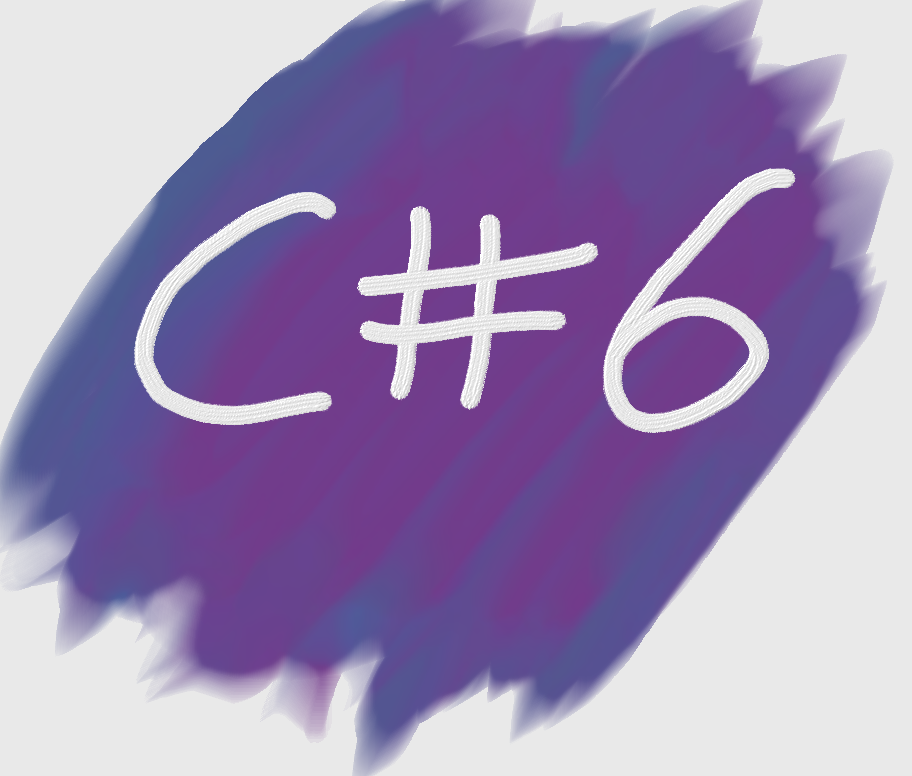
Want to learn about other C# 6 features? Check out the full list of articles & source code on GitHub
Many of the other C# 6 features I’ve covered are implemented using syntactic sugar, exception filters isn’t. This has been in the deep parts of .NET for some time and in C# 6 it is getting surfaced finally. This is very much the introduction to Exception Filtering, and I have another post with advanced topics I would love for you to read.
Catching Exceptions
Catching exceptions today uses the exceptions type as the condition for the the catch block.
try
{
// code which could throw exception
}
catch (HttpException ex)
{
// catching only HttpExceptions
}
In the above code, any HttpException will be caught but any exception of any other type won’t.
try
{
// code which could throw exception
}
catch (HttpException ex)
{
// catching only HttpExceptions
}
catch (Exception ex)
{
// catching everything except HttpExceptions
}
We can catch everything by catching the base Exception class. Order here matters, but the compiler will help prevent you from hurting yourself:
Today, if you want more fine grain control of what a catch block responds to you need to do that in the catch block itself. For example, handling an exception differently based on values in the exception.
try
{
// some code
}
catch (HttpException ex)
{
if (ex.HttpCode == 401)
{
// need to do an authenticate
}
else
{
// some other HTTP error we need to handle
}
}
Another good example is logging, based on a setting you may want to log or not log exceptions.
try
{
// some code
}
catch (HttpException ex)
{
if (loggingTurnedOn)
{
// log it
}
throw;
}
Exception Filters
Exception Filters adds a way to have additional requirements for a catch block in the form of a boolean expression which we append with the when keyword. We can now rewrite the two examples as follows:
//example 1
try
{
// some code
}
catch (HttpException ex)
when (ex.HttpCode == 401)
{
// need to do an authenticate
}
catch (HttpException ex)
{
// some other HTTP error we need to handle
}
//example 2
var loggingTurnedOn = false;
try
{
// some code
}
catch (HttpException ex)
when (loggingTurnedOn)
{
// log it
throw;
}
The when clause can take in ANYTHING which evaluates to a boolean expression. You can put ands or ors and chain things together:
when (loggingTurnedOn && ex.HttpCode != 401)
You can pass methods in to the when condition too:
public static bool ThrowException()
{
//elided
}
public static void OldPain2()
{
try
{
// some code
}
catch (HttpException ex)
when (ThrowException())
{
// do something
}
}
When isn’t if
Lastly, the language chosen for this feature is important, it isn’t IF, because it isn’t an IF statement – it is a WHEN condition. One of the important distinctions around that is that an IF statement supports ELSE and WHEN does not.

